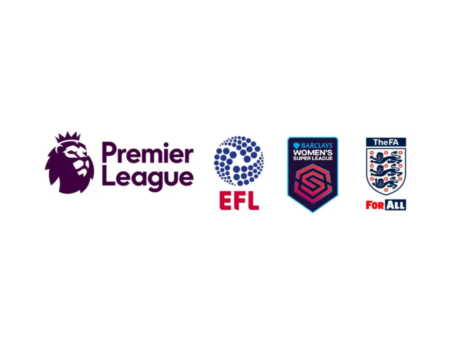The recent decision of a Dutch football club to retract its planned advertisement has ignited discussions on the nexus between sports sponsorship and gambling regulations. This move, triggered by a warning from the Gaming Authority (KSA), sheds light on the intricate landscape of advertising practices in professional sports.
Dutch Football Club: Initial Proposal and Intervention
The football club had initially intended to showcase a life-sized image of its captain donning a jersey featuring an online gaming provider’s logo on a city building. However, the KSA intervened, citing potential violations of regulations governing online gambling promotion.
Regulatory Concerns
The KSA objected to the advertisement, emphasizing its departure from conventional sports sponsorship norms. Unlike typical sponsorships, the proposed ad lacked a clear link between the promotion and the sporting event or venue, raising concerns about untargeted gambling service advertising.
Role of Athletes in Promotions
Additionally, the KSA cautioned against using well-known athletes in gambling-related promotions, fearing it could breach regulations prohibiting role models in such ads. The involvement of the club captain in the proposed ad exacerbated the regulatory scrutiny.
Response and Retraction
Upon receiving the KSA’s warning, the football club, gaming provider, and local municipality were promptly informed. Acknowledging the potential repercussions, including preventive sanctions, the club opted to retract the advertisement, showcasing a commitment to regulatory compliance.
Key Takeaways
The case underscores the complexities of aligning sports sponsorship with gambling regulations. While sponsorships are lucrative, adherence to laws ensures ethical advertising. Clubs must navigate these nuances to maintain responsible promotional practices. The Dutch football club’s retraction of the advertisement underscores the need for vigilance in adhering to gambling regulations within the realm of sports sponsorship. Compliance ensures ethical advertising practices and upholds the integrity of professional sports.
FAQs Your Guide to the Dutch Football Club’s Advertisement and Gaming Authority Warning
1. What prompted the Dutch football club to retract its proposed advertisement?
The club decided to retract the advertisement following a warning from the Gaming Authority (KSA), which highlighted concerns about potential regulatory violations.
2. What was the content of the proposed advertisement?
The advertisement featured the club captain wearing a shirt with the logo of an online gaming provider, with which the club had a sponsorship contract.
3. Why did the Gaming Authority object to the advertisement?
The KSA objected to the advertisement as it believed the promotion of online gambling lacked a direct association with the sporting event or venue, contravening gambling promotion regulations.
4. What were the regulatory concerns raised by the Gaming Authority?
The KSA expressed concerns about untargeted advertising of gambling services and the use of well-known athletes as endorsers for gambling-related promotions, which could infringe on regulatory guidelines.
5. How did the football club respond to the Gaming Authority’s warning?
The club decided to retract the proposed advertisement and demonstrated its commitment to compliance with regulatory requirements and responsible advertising practices.
6. What does this case highlight about sports sponsorship and gambling regulations?
This case underscores the complexities involved in navigating the intersection of sports sponsorship and gambling regulations, emphasizing the importance of conducting sponsorship activities in accordance with applicable laws and regulations.
7. How did the Gaming Authority communicate its stance to the involved parties?
The KSA promptly communicated its stance to the football club, the gaming provider, and the municipality where the advertisement was intended to be displayed, issuing a warning about potential preventive sanctions.


















